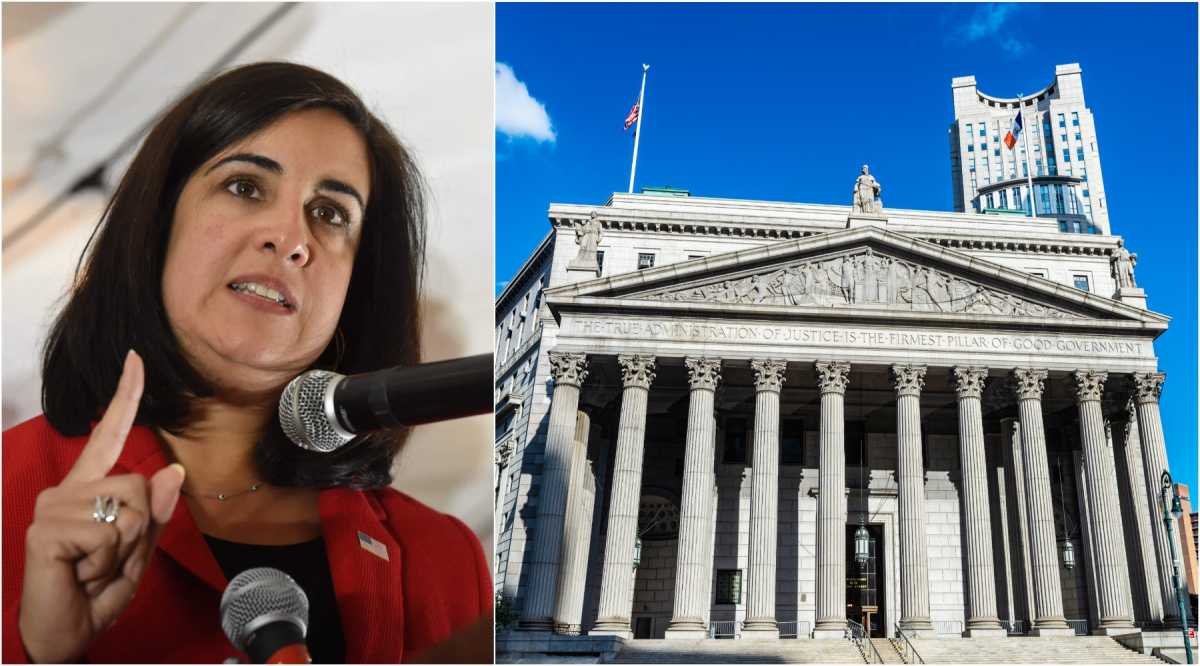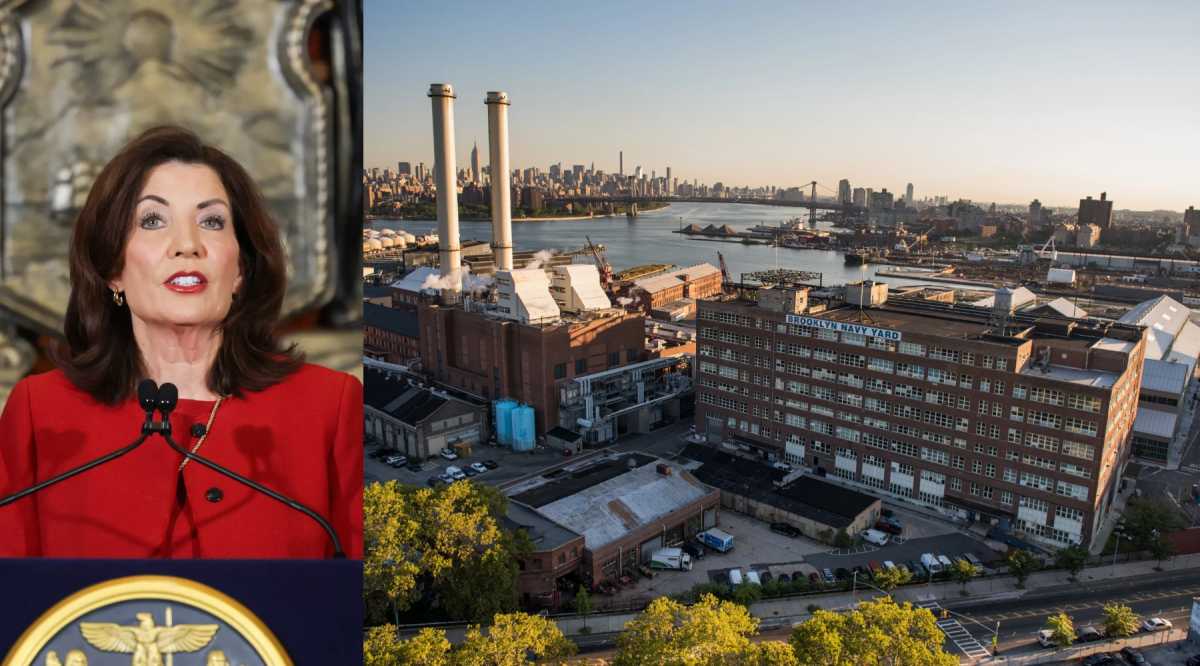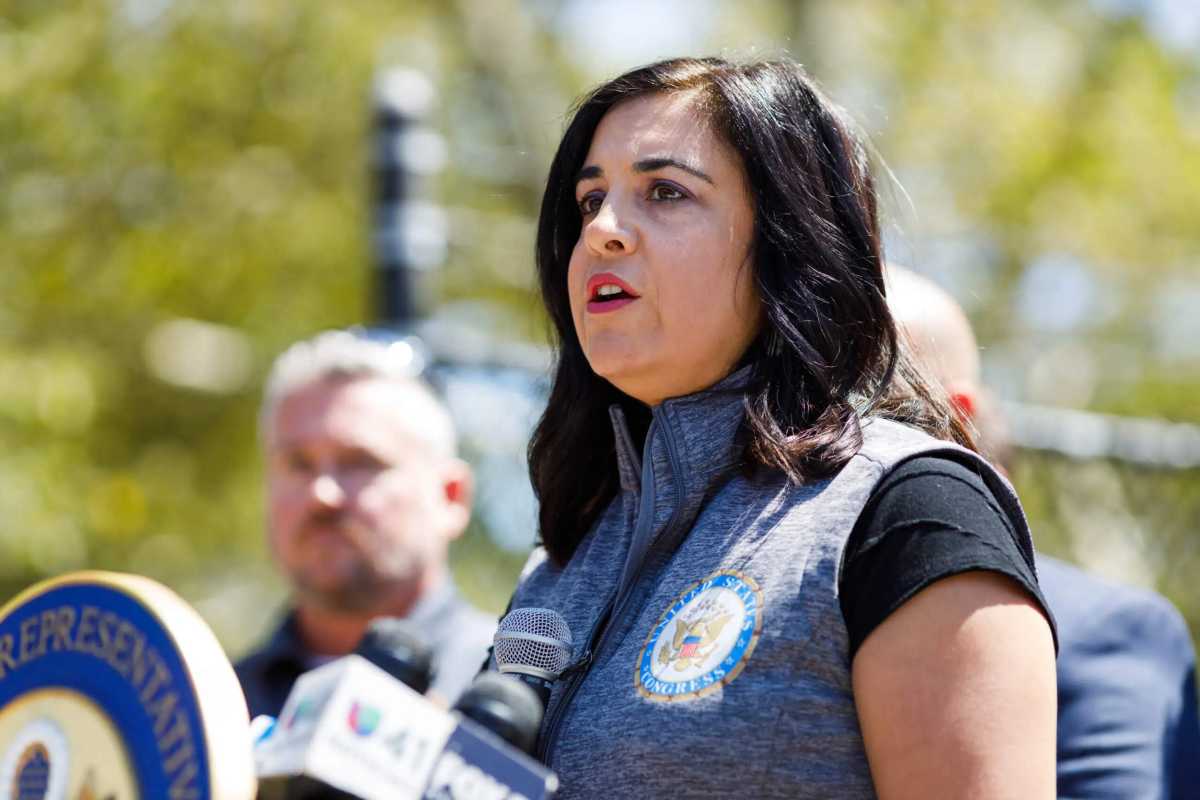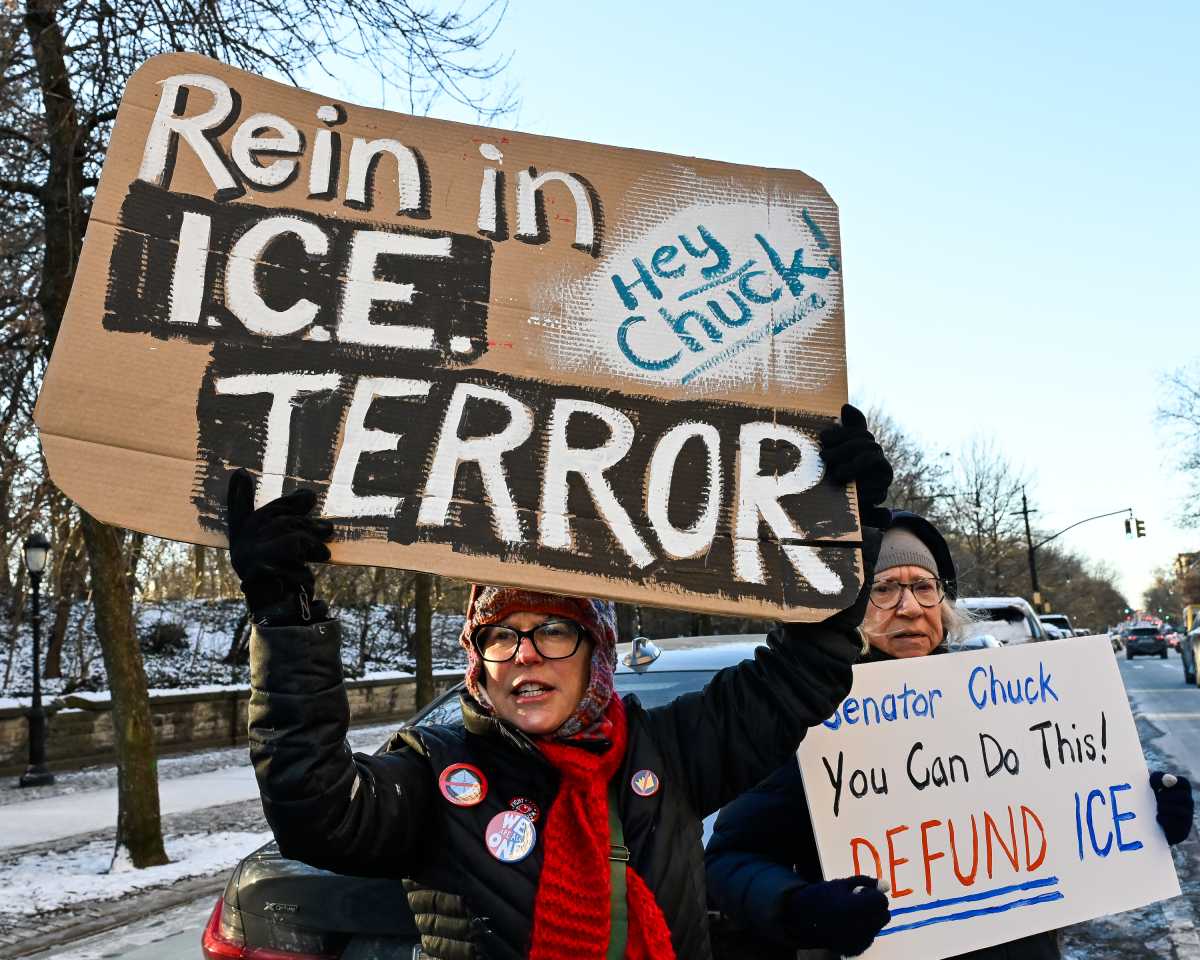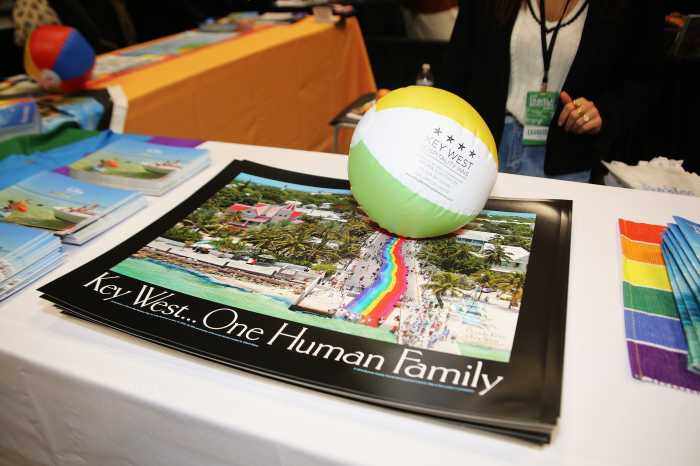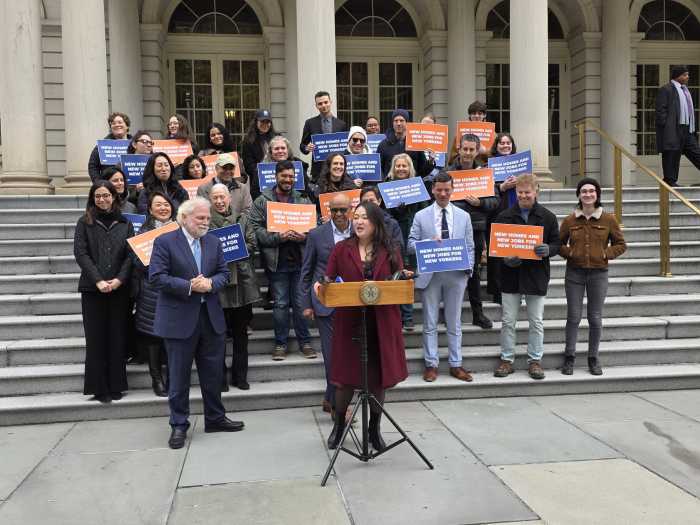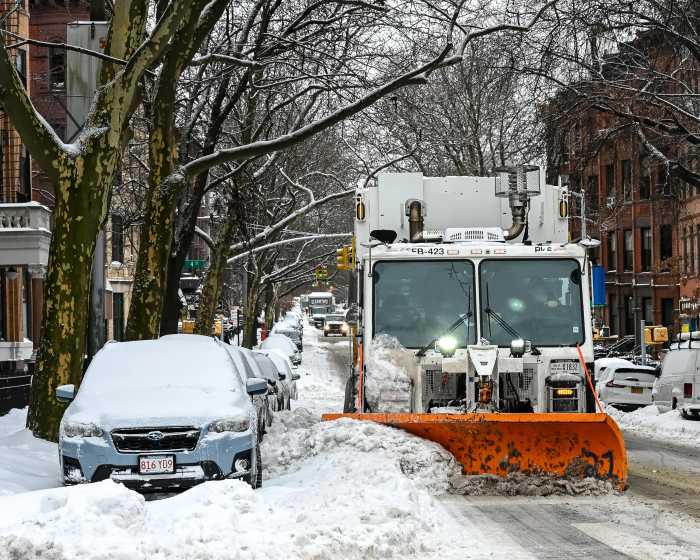A former New York City Housing Authority (NYCHA) parking lot is getting new life this week in the form of affordable housing.
City Councilman Rafael Espinal (D-Bushwick, Cypress Hills, East New York) announced a 100% affordable senior housing project on a parcel in Bushwick at NYCHA’s Hope Gardens (Bushwick II project) on Linden Street between Wilson & Knickerbocker avenues.
The project is part of Mayor Bill de Blasio’s NextGeneration Seniors First initiative, that aims to increase the amount of senior housing across the city. The project was first announced back in October of 2017 and in total, will double senior public housing over an extended 12-year Housing New York Plan, serving 30,000 senior households by 2026.

The housing project at Hope Gardens is expected to bring 100 new completely affordable senior housing units to the area and is the first of three projects dedicated to the elderly NYCHA tenants. The other two affordable senior housing projects included in the first round of the initiative are underused NYCHA sites at the Sotomayor Houses (Bronx) and Baruch Houses (Manhattan).
Once all three projects are completed they will total 300 new senior units. The number of seniors in New York is projected to grow by 40 percent by 2040.
“The lot at Hope Gardens is among the first of three projects slated to be used for affordable senior housing,” said Espinal.
The Bushwick II project announcement was the last stop on Espinal’s tour to bring attention to NYCHA’s lack of affordable senior living developments. The North Brooklyn Councilman also joined residents in unveiling a map displaying 200 buildable lots on NYCHA properties for seniors.
Espinal will call on the mayor to further fund the public housing authority that in recent months has been faced with a series of controversies including the resignation of NYCHA Head Shola Olatoye in the face of fraudulent lead inspections and a heating crisis that left some 320,000 of the 390,000 public housing residents without heat or hot water this past Winter.



